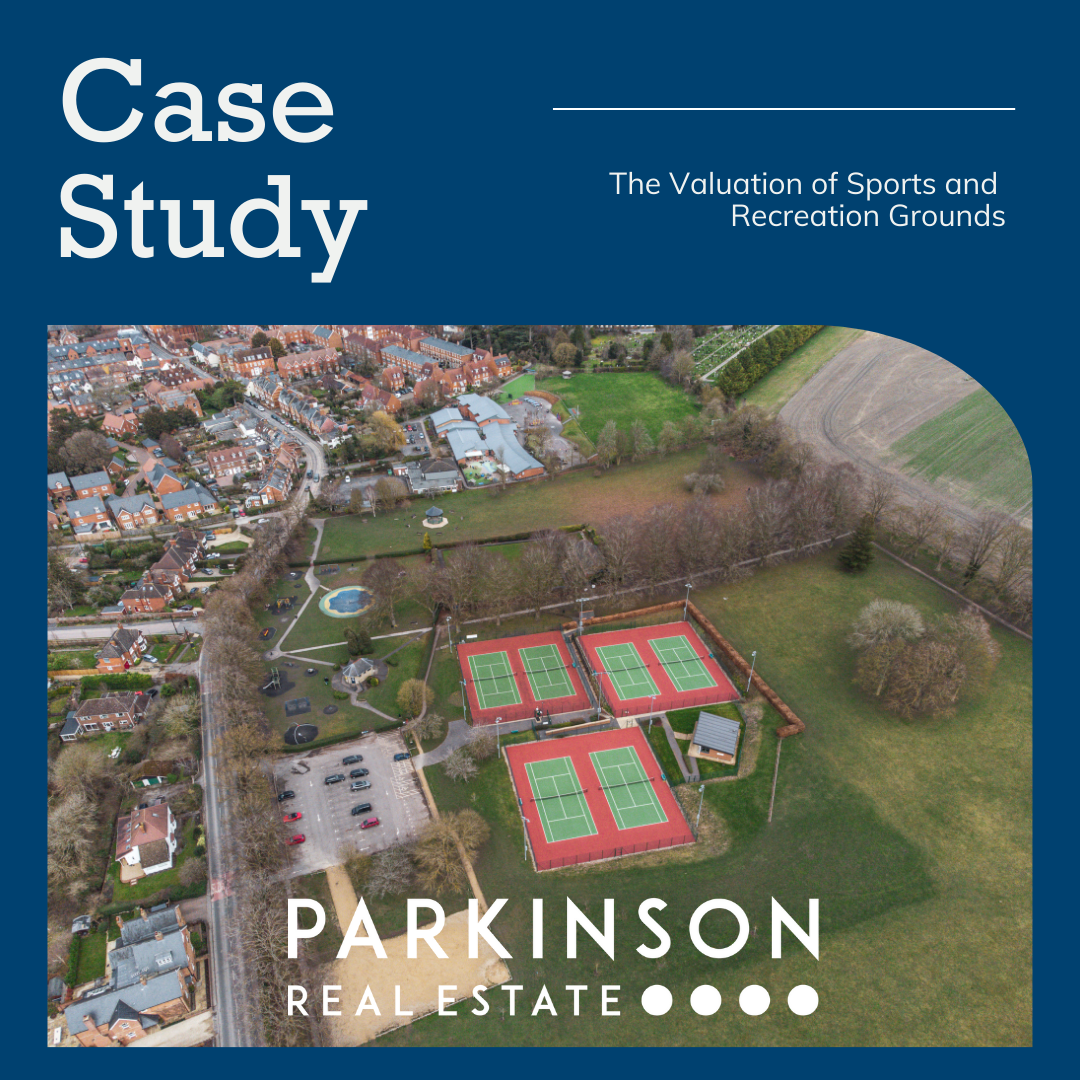Background
It is estimated that 15.6 million of the UK’s population participate in regular sporting activities. Of that 15.6 million, around 1.85 million people play football, 196,000 participate in rugby union, and 180,000 play cricket on a weekly basis. These participants make use of facilities owned by communities, schools and local and professional clubs and businesses.
In Britain, there are fewer sports grounds than there once were. This is primarily because they provide attractive development opportunities, often being in built-up areas well positioned for housing development. Over 10,000 playing fields were sold between 1979 and 1997 and since then, successive governments are reported to have sold around 20 per year. Local authorities are under financial pressure to dispose of assets, with community sports facilities one area in particular that has felt the squeeze.
Independent sports venues are often run by not-for-profit organisations and are traditionally run to exist as opposed to turnover a profit, typically relying upon volunteers. Some sports venues do turn significant profit however, this is typically from operators creating a business opportunity via a hospitality element of the site.
Valuation Considerations
Values for sports venues have traditionally been in line with those for agricultural land, not because they have the same classification or planning use but because of their restrictions in use, limited lessee pool and the limitations to what commercial gain can be drawn from their use. They have remained historically low as community/sports centre transactions have been agreed between landlords, tenants, vendors and purchasers with little evidence or market knowledge to base negotiations upon.
From a rental perspective, it is not uncommon for community/sports clubs to pay nil rent to occupy their venue, under the agreement that they maintain the venue. Most landlords would consider the maintenance of such space to be a liability and therefore, an agreement of this nature suits both parties.
However, as landlords have become more commercially minded, there is a movement to bring rents in line with commercial levels seen within other sectors and, as a result, they are increasing. Local authority landlords in particular are looking to their property portfolios to maximise income. Landlords, however, must be realistic and accept that they may have to settle for relatively low amounts if they wish to retain their current community-based tenants, who may well find their support is sensitive to subscription increases, and to whom commercial rents may be unaffordable.
From a sales perspective, there is a limited investor marketplace for assets of this nature and the capital value of sporting venues is often underpinned by its residential development potential.
Residential developers are often keen to acquire sports venues as typically they are located within established residential areas and therefore, obtaining planning consent is generally more straightforward. Furthermore, except for basic buildings, they often comprise cleared sites and as such, there are reduced demolition costs and site preparation works associated with sporting venues.
Sports/community clubs often attempt to resist the advances of residential developers, although this is often clouded by sentiment as they are reluctant to be displaced from their “home”. However, where residential development is sought, this can often be of great economic benefit to a sports club. In obtaining planning consent on sports grounds, local authorities will often insist upon a Section 106 Agreement contribution. A Section 106 contribution is a financial payment from the developer towards offsetting the impact of the development on the local community. In the instance of sports venues, this is usually towards re-homing the sports club or improving their remaining facilities.
Further to the above, it is common practice that a sale or transfer of such an asset would incorporate an overage clause or a clawback agreement for a change of use.
The land may significantly increase in value after a “trigger event” happens. The most common trigger event is the grant of planning permission. The overage clause would ensure the seller receives an additional payment even though they are no longer the owner of the land and protects the club/charities best interests.
Despite the potential economic benefits, Sports England, who are a statutory consultee for planning applications on sports grounds, has produced guidance for clubs and community groups to help them take action if they are concerned their sites are at risk of being sold for development, mothballed or closed. Additionally, a local sports pitch, pavilion, sports halls or swimming pool can become listed as an Asset of Community Value to protect them from development. Local authorities are also becoming more interested in promoting the right for communities to bid to buy the facility or agree to a transfer it to them, thus reducing their running costs.
Benefits
We have recently advised a local Cricket Club by providing them with a detailed RICS compliant valuation report, which enabled us to demonstrate our expertise in the valuation sector as well as our in-depth knowledge of the local market conditions. The report provided a Market Rent and Market Value which enabled the Client to consider their options, having been approached by a third party for their site.
Looking to the future, sports grounds will continue to be popular within communities as they provide a hub for people to meet, socialise and keep fit. Determining their value will remain a constant discussion due to the varying uses of the facilities and the addition of any special status. However, one thing is for sure: demand for open space and a meeting place in a community will always remain high.
Contact Us
If you are seeking valuation advice throughout the Lancashire region, please contact Rob Greenwood within our Valuation team on 07960 612765 or email rob.greenwood@parkinsonre.com
Rob Greenwood MSc MRICS
RICS Registered Valuer
Associate Director – Valuation Advisory
M: 07960 612765

